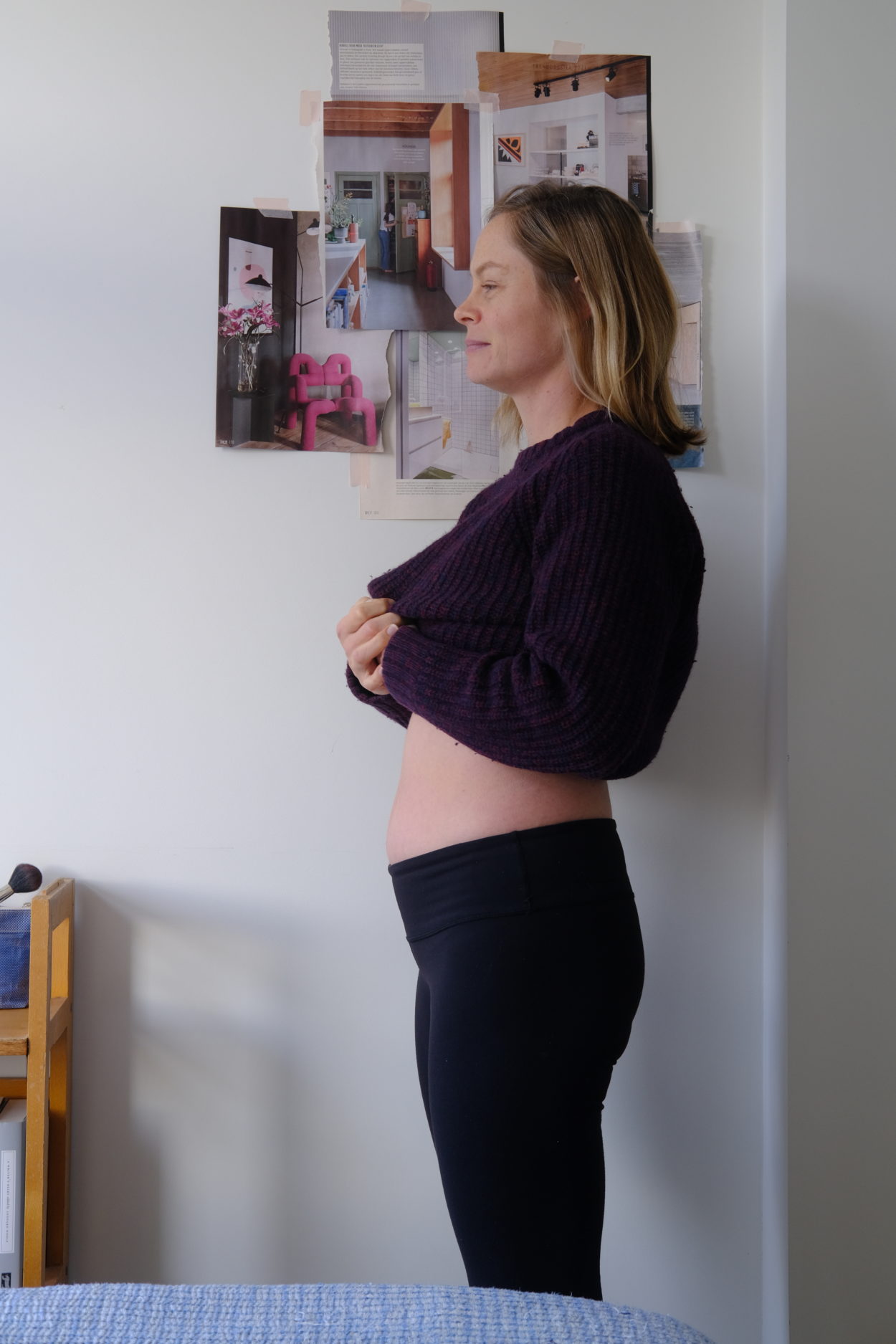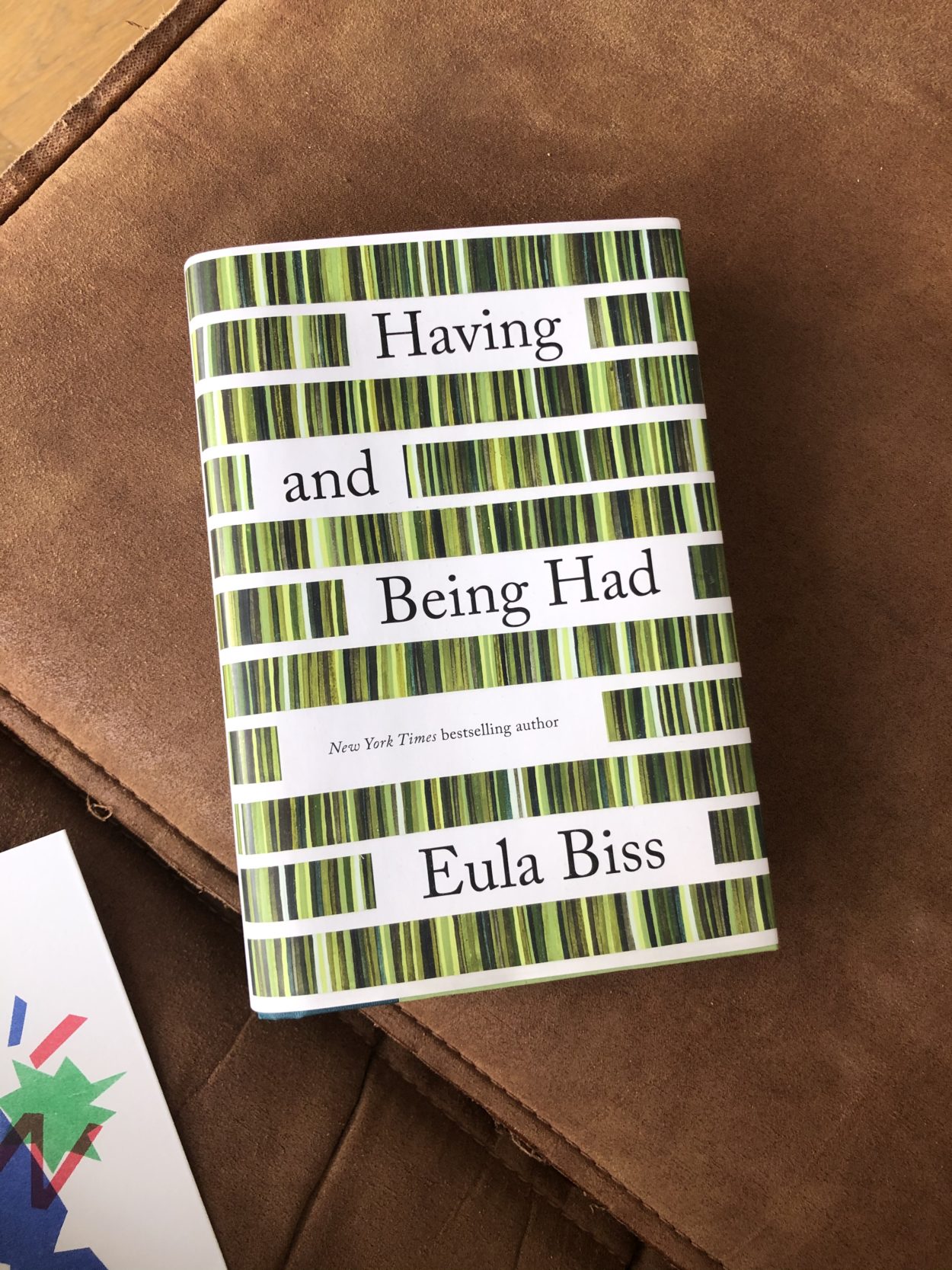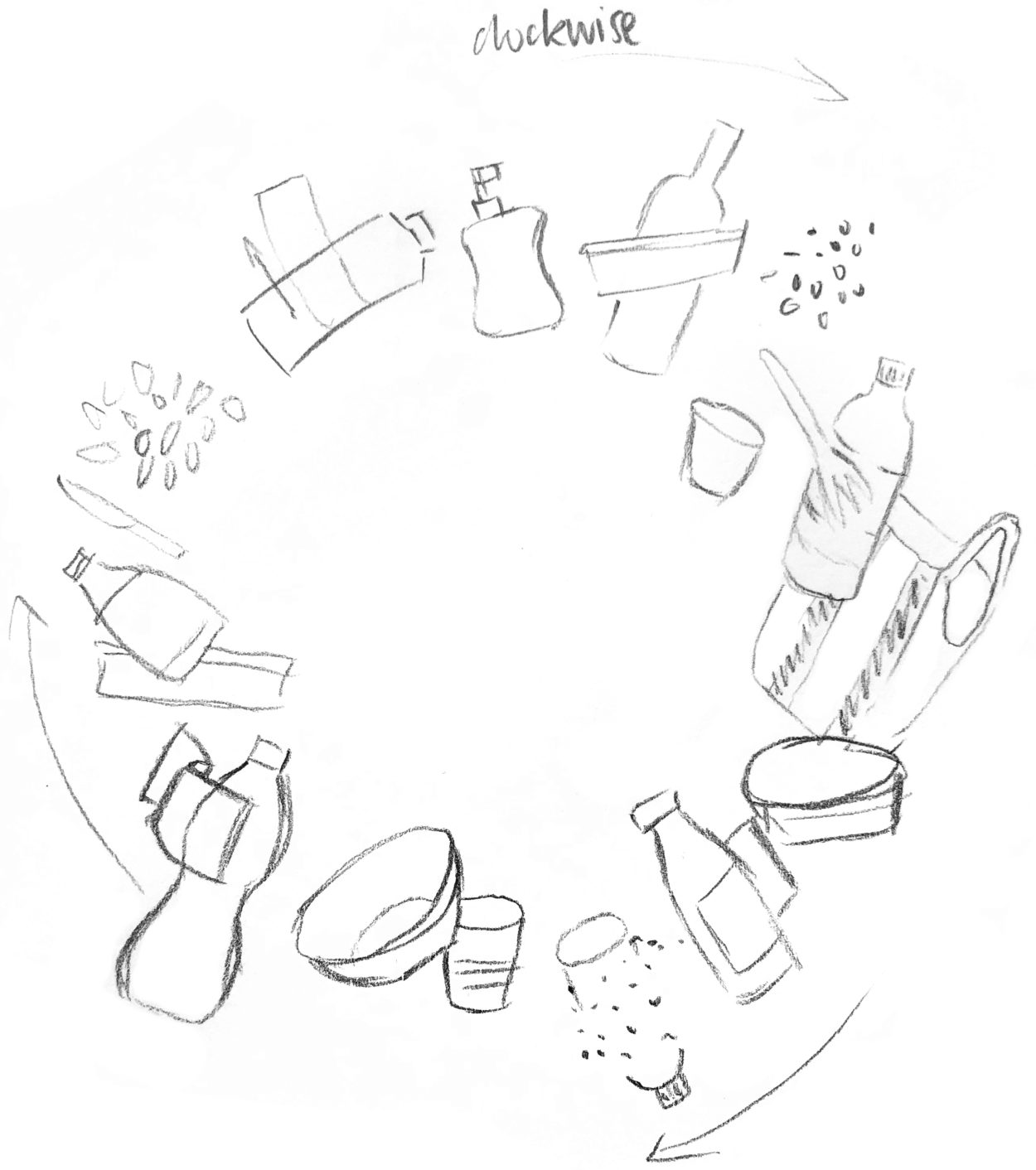Published
Dina’s Eggs
Roughly around week 6-8 of pregnancy, for two weeks and two weeks only, I craved any and all food that registered on my sensory radar. From the Jacket Potato that appeared in The Morning to the crisp memory of Dina’s eggs, served during our stay at Casa da Dina in Alentejo’s countryside. While waiting for Dina to kindly email through her recipe I tried out the first decent looking search result for Mexican eggs.
But Dina’s eggs are next level. They’re way richer and jammier due to the reduction of the tomatoes, creating a simple chutney of sorts which is then finally added to the eggs alongside jalapeño and fresh coriander. Recipe below, as shared by Dina.
So, here it goes:
The tomato sauce
- 1–1.5kg tomatoes (good ones, plum or any other kind as far as they are ripe. Cut them in quarters or smaller. I peel them, but not totally. You can leave some skin on)
- 800g white onions cut in quarters (if too large cut the quarters in half)
- 2 cloves of garlic
- olive oil
- salt
In a pot (I use a wok) start with the olive oil, generous amount, then make a layer of tomato, followed by a layer of onions and garlic. Repeat the layers until you run out of all the ingredients. Add the salt and turn on the stove. When it starts boiling lower the heat and cover the pot. Let it boil slowly for 40 minutes to an hour. And it is ready. Taste it to make sure the salt is good. It reduces a lot and you will see a lot of liquid.
You can make abundant tomato sauce and freeze it in small portions. This way you can eat your Mexican eggs anytime you feel like it and faster. You may use the sauce also in stews, etc. etc.
Now the eggs:
- 2–4 eggs
- 1 jalapeño (it depends on the size of the chili and the amount of eggs you are making. For both of you I think half is good)
- 1.5tbsp chopped coriander leaves (half of this amount goes on the frying pan the other half over the eggs once they are done and on the plate)
- 3 tbs tomato sauce
On a frying pan pour a little bit of olive oil. Add the 3 tablespoons of the tomato, the coriander and the chopped jalapeño. Let it fry till the water from the tomato sauce evaporates (or else the eggs will turn really mushy and ugly). Pour the eggs on and make them to your taste. Once on the serving plate it is time for the rest of the coriander.




